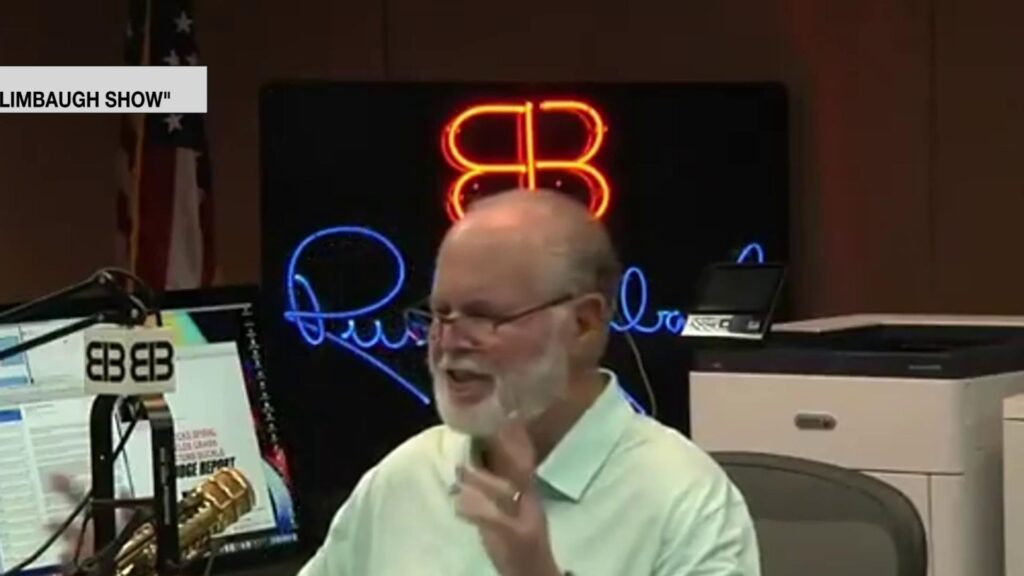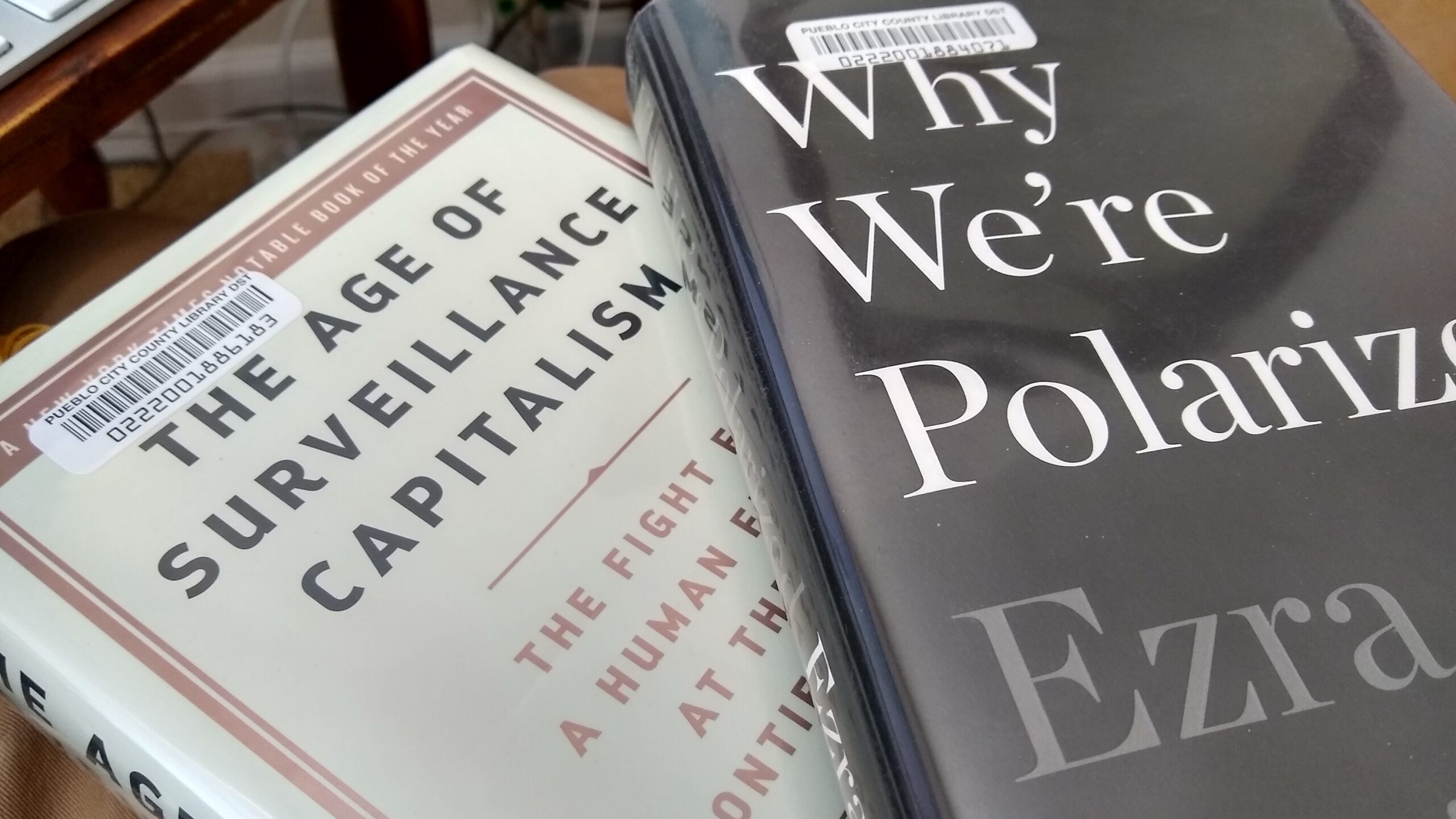In case you haven’t heard, the Anheuser-Busch beverage company has come out with a brew for your basset hound, a drink for your dachshund, a pour for your puppy…you get the idea. The product is Dog Brew, an alcohol-free, bone broth beverage for canines, and their current viral campaign is a search for some lucky pup to become their CTO, Chief Tasting Officer. The job comes with salary ($20K), benefits (health insurance), and all of the perks normally reserved for celebrity endorsers. (I would nominate Jasper, “America’s Dog” but I’m not sure he needs any more endorsement contracts with his already-busy schedule.)
This marketing campaign has a little bit of everything that makes me think it will be a case study in advertising/PR textbooks in the near future. There’s a contest (enter here) with social media requirements (FB, IG and Twitter) that must include cute shots of your puppy.
According to USA Today, “Busch says the responsibilities of the Chief Tasting Officer include ‘taste-testing, quality control and fulfilling duties as an ambassador for the product and a featured content creator on Busch’s social channels.'”
Veteran CNN reporter Jeanne Moos put together a report for CNN that, once again, proves that she’s one of the all-time great human-interest storytellers.
I know you’re probably not going to read the fine print in the contest rules, but here is one clause that let’s you know what you’re getting yourself (and your dog) into:
You grant Sponsor an exclusive, worldwide, perpetual, irrevocable, unrestricted, royalty-free, sub-licensable and transferrable right and license to exploit your Entry (including, without limitation, your name and likeness and the names and likenesses of any and all persons in the Entry, and any intellectual property rights (e.g. copyright, trademark, etc.) contained in the Entry) in any media now or hereafter known, without any payment or other consideration of any kind, or permission or notification, to you or any third party, for any purpose, including, without limitation, your Entry and any person’s property (physical, personal, intellectual property rights, and indicia) contained therein. The foregoing grant includes, without limitation, the right to reproduce, display, distribute, publicly perform, create derivative works of, alter, amend, broadcast, edit, publish, use, merchandise, license, sublicense, and adapt the Entry in any and all media now or hereafter known, throughout the world, for any purpose, whether commercial in nature or otherwise, including in contexts and circumstances that result in your Entry being associated with a particular Sponsor or Sponsors. Accordingly, you hereby waive any objection to, such use including without limitation, distribution, reproduction, creation of derivative works of, public performance, or display of your Entry, and any claim for compensation whatsoever in connection therewith. Such waiver shall include any claim for infringement of any so-called “Moral Right,” “Droit Moral” or similar right or interest.










